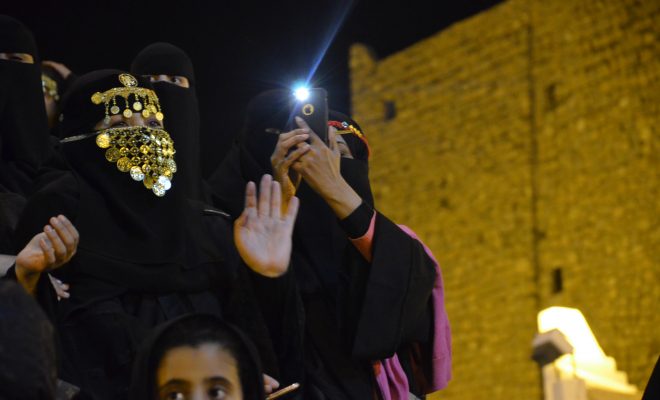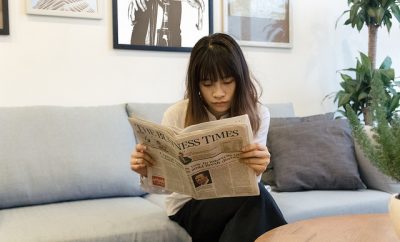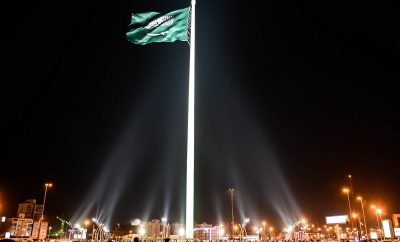 Image courtesy of Uwe Brawn; License: Public Domain
Image courtesy of Uwe Brawn; License: Public Domain
World
Why Saudi Arabia Isn’t Going to Hit its 2030 Goal
Saudi Arabia marked the week following International Women’s Day with a historic event–the country’s first ever girls’ council, convened in the province of Qassim. The council is a small part of the sweeping Vision 2030 plan, a set of goals for the kingdom that includes creating a more tolerant and inclusive atmosphere for women. Yet the council has now become a viral joke rather than an important turning point for the country, after photos from the convening of the council revealed that it was entirely comprised of men.
Some women apparently do sit on the council, but the gender segregation codes of Saudi Arabia meant that they had to sit in a separate room, connected to the main conference by video link. In a country where women quite literally cannot get a seat at the table, what can the girls’ council accomplish?
Qassim Governor Prince Faisal bin Mishal bin Saud, who hosted the conference, framed the council as important because “we look at women as sisters to men.” This is far from a rallying cry for gender parity, but it may be the best we can expect from Saudi Arabia. Life for girls and women in the Kingdom is dictated entirely by their male guardians, who are able to control where they go, who they see, and what they do with virtually every moment of their day. Women are not treated as legal adults, which means even as progress slowly trickles into the country, they are still denied basic legal rights and protections.
In the case of Saudi Arabia, it is always wise to temper expectations and remember that the Vision 2030 goals may not actually be reached by 2030. Women’s rights are not the only issue on the table–poverty, youth unemployment, a lack of affordable housing and a clearly defined racial hierarchy that has been reinforced over the years by the wealthiest Saudi families preserving the status quo.
These civil rights issues are inextricably linked to the oil economy, which has concentrated wealth in certain pockets and has left the rest of the country out in the cold. Vision 2030’s mission requires an overhaul of every part of Saudi life–and it may be impossible to successfully implement the changes that must be made unless the government is willing to relax the ties between its extreme interpretation of religion and rule of law.
The Qassim girls’ council has already been turned into a meme, being compared to the photo of an all male Trump Administration team reinstating the Mexico City Policy (also known as the global gag rule) by executive order this year. Western news outlets picked up the images from Qassim, pointing out the absurdity of a girls’ council without any women present. Still, the criticism has not moved the Saudi organizers to change the make-up of the council or let the female advisers participate alongside their male counterparts.
I sincerely hope that the girls’ council does not fade into the background, and that it does receive the necessary funding and attention to advance gender equality. Yet, at this moment, it seems like a mere publicity stunt gone wrong: an attempt to showcase the Vision 2030 goals that revealed exactly how far Saudi Arabia still has to go.








Comments